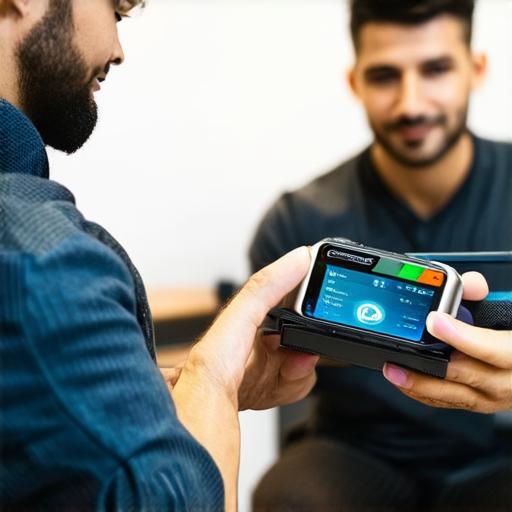As the world becomes increasingly reliant on digital transactions and the adoption of cryptocurrencies continues to grow, it’s important to understand how to secure your cryptocurrences.
What is a Cold Wallet?
A cold wallet is a type of cryptocurrency storage device that is not connected to the internet. This means that your private key is not accessible online, which makes it much more difficult for hackers to steal your cryptocurrences.
Hardware Wallets
A hardware wallet is a physical device that is designed to store your private key offline. These devices typically look like a USB flash drive or a small, handheld device. Some popular hardware wallets include Ledger Nano S, Trezor Model T, and KeepKey.
One of the main advantages of using a hardware wallet is that it provides an added layer of security by keeping your private key offline. This means that even if your computer or mobile device is compromised, your cryptocurrences are still safe. Additionally, hardware wallets often include features like two-factor authentication and the ability to backup your private key to a separate device.
Paper Wallets
A paper wallet is a type of cold wallet that is created by printing out your private key on a piece of paper. This method is less secure than using a hardware wallet, as there is always the risk of someone finding and stealing your private key.
One important thing to note about paper wallets is that they are only secure if you keep them in a safe place. If your paper wallet is lost or stolen, there is no way to recover your cryptocurrences. Additionally, it’s important to store your private key securely on the paper itself, as anyone who has access to the paper can potentially steal your cryptocurrences.
Why Use a Cold Wallet?
There are several reasons why it’s important for crypto developers to understand how cold wallets work and why they should use them:
- Security: As we mentioned earlier, one of the main advantages of using a cold wallet is that it provides an added layer of security by keeping your private key offline. This makes it much more difficult for hackers to steal your cryptocurrences.
- Convenience: While hardware wallets can be more secure than paper wallets, they can also be more convenient to use. Many hardware wallets come with features like two-factor authentication and the ability to backup your private key to a separate device. This means that you don’t have to worry about losing access to your cryptocurrences if something happens to your computer or mobile device.
- Cost: Hardware wallets can be more expensive than other types of cold storage solutions, such as paper wallets. However, the cost of a hardware wallet is often worth it for the added security and convenience it provides.

Case Studies
There are many real-life examples of how using a cold wallet can help protect your cryptocurrences from theft. Here are a few examples:
- The DAO Hack: In 2016, the decentralized autonomous organization (DAO) was hacked, resulting in the loss of over $50 million in ether.
